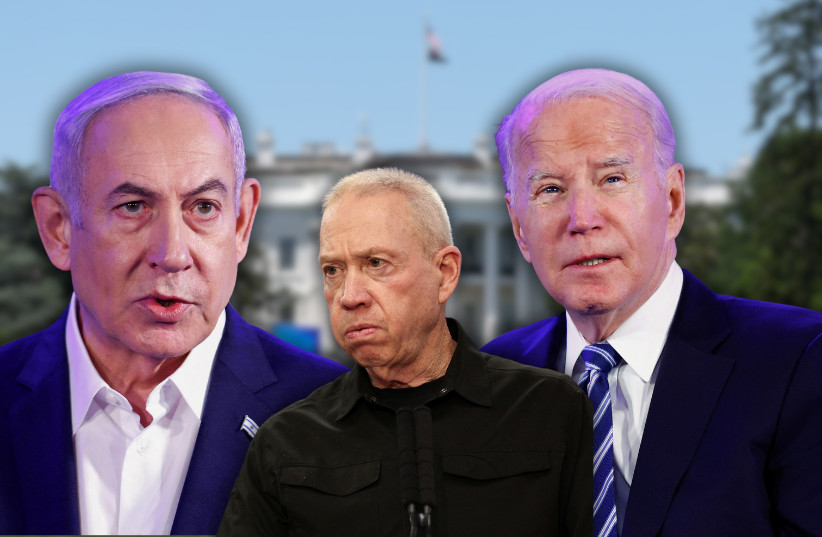Lt.-Col. Amit Yagur has served as the deputy head of the Palestinian arena in the IDF Planning Directorate and was a senior officer in the maritime branch intelligence.
Yagur, in a conversation with Maariv, discusses the complex military and political situation in the region, focusing on both the southern and northern fronts.
"We are now at a turning point in the campaign," Yagur began. He added, "Hamas has not been defeated or retreated, but it is clear that its position is changing."
Yagur pointed out that until now, Hamas held a position of power and their words were decisive. However, their stance has likely shifted due to pressure.
He mentioned reports of Hamas commanders who were eager to end the fighting, believing they did not anticipate a war lasting nine months.

"They keep saying that Israel is in a multi-arena war of attrition, but in practice, Hamas is in a war of attrition," he observed.
In his view, the protracted war has "severely damaged the human and other resources of Hamas." This, combined with Israel's takeover of the Philadelphi Corridor, marks a significant development. He believes it was "a serious mistake that we didn't take it over in January."
Yagur stressed that pressure on Hamas must continue, saying, "Israel is exerting pressure, and this is exactly what we wanted to see. This pressure will further damage the commanders and strategic points of Hamas, but it is not enough on its own."
Regarding the unfolding hostage deal, he noted that it is different from past deals. "Yes, it's a hostage deal, but it's not a simple exchange of hostages for prisoners with a few weeks of quiet," he clarified. He suggested that this deal appears to be a strategic move to end the war. He noted that while the war in Gaza is ongoing, significant issues affecting everyone's future are being discussed as part of the deal.
He highlighted several converging moments: the military turning point in Gaza, the deal to end the war, and the current situation in the US. He explained that the US is in a progressive alignment for the elections, which "gives the impression that the current administration is very weak."
This perceived weakness of the US government could have varying impacts. "It can be a significant advantage or disadvantage, and Israel needs to know how to play with it," he stated.
Meanwhile, in the north, Hezbollah continues to operate, despite not exceeding the agreed range. The destruction caused to infrastructure will require significant time and money to restore. "Everyone estimates that if the war ends in the south, it will also end in the north," Yagur added.
Yagur emphasized the need to map and define Israel's goals for the day after the conflict. He believes that military measures alone will not suffice, advocating for a diplomatic and legal emphasis as well.
"Lebanon is a sovereign country, a member of the United Nations," he said, noting the need to address the issue of rockets and missiles fired from Lebanon. He called for this issue to be put on the international agenda, highlighting Hezbollah's influence and effects on Lebanese citizens.
In his view, internal tensions within Lebanon are key. "Hezbollah wears two hats: an Iranian hat and a Lebanese hat. Both are in tension with each other," he explained. While Hezbollah acts on behalf of Iran, it ultimately harms itself, and many Lebanese disapprove of its actions. Yagur hinted that there are "other means besides fire" to address the situation.
Yagur talks PM Netanyahu's DC visit
Regarding Netanyahu's upcoming visit to the US, Yagur noted, "We don't see eye to eye with them on the day after."
He pointed out that while Americans support the idea of a Palestinian state, the recent vote in the Knesset suggests otherwise. "There are deep issues here that need to be discussed," he said.
At the end of the interview, Yagur emphasized the need for a moderate and nuanced Israeli domestic discourse. He criticized the tendency for public and political discourse to be too dichotomous and extreme.
"Reality is always complex, and we must understand it. We need to talk about the challenges and possibilities, rather than resorting to slogans and superficialities that lead to division and hinder progress," he concluded.
